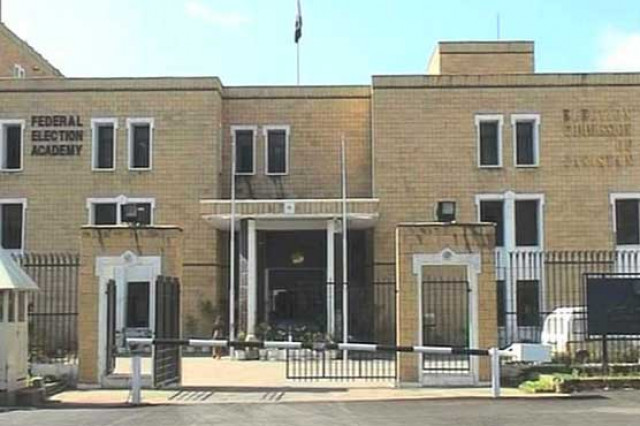
The Parliamentary Committee on Electoral Reforms tabled its interim report in the parliament this week. The panel kept the issue of voting rights for overseas Pakistanis open for discussion.
The Supreme Court’s bench, headed by then Chief Justice Iftikhar Muhammad Chaudhry, had issued a decree to this effect on May 9, 2013.
The ruling was passed just days before the general elections held on May 13 of the same year, because of which the judgment could not be implemented.
On its part, the Election Commission of Pakistan (ECP) initiated work on various options but failed to arrive at a workable solution.
The ECP sent some proposals to the parliamentary committee on electoral reforms, which was formed in August, 2014.
This parliamentary panel was tasked to formulate a comprehensive package on election reforms. The panel, which received more than 1,200 proposals from various stakeholders, proposed some options for allowing the expatriates to take part in the general elections.
Subsequently, the main committee formed a sub-committee headed by Law Minister Zahid Hamid to vet the proposals. This sub-committee later created yet another smaller panel that was headed by PTI legislator Dr Arif Alvi.
Finance Minister Ishaq Dar, who heads the main parliamentary committee, said that the discussion for devising a voting mechanism for expatriates would continue, but he was unsure if any tangible method could be worked out.
A proposal suggested setting up polling stations in Pakistani embassies and consulates. This option is workable in a few countries where a limited number of Pakistanis are residing. It emerged that Pakistani consulates cannot set up those facilities in countries where large number of Pakistanis live.
The distance between cities and towns where these Pakistanis live and where consulates are located was also an important issue. It is necessary that the Election Day in Pakistan falls on a public holiday in that country.
In some Middle Eastern countries, where a majority of overseas Pakistanis work, democracy, elections and voting are largely alien concepts.
The ECP had asked the Foreign Office to check with governments of these countries if they would allow setting up polling stations for the Pakistani community. The Foreign Office kept mum, indirectly indicating that this would not be possible.
Use of postal ballots was also considered as an option in countries such as the United States. Given the size of the Pakistani community abroad, this option was also considered unworkable. To use postal ballots, a voter should first apply for a ballot paper, once he/she receives it, they tick the candidate of their choice and post it back.
In Pakistan’s context, the authorities were unsure if this method could escape misuse.
Electronic voting, using internet, was another option discussed. But it was rejected for a number of reasons. Many Pakistanis living abroad are not computer literate. Chances of misuse of technology could not be ruled out.
Another option initially considered by the ECP was allocating a few reserved seats for overseas Pakistan in the parliament on the pattern of seats in the Azad Kashmir legislative assembly where member of assembly elect a representative outside the country. But this option too would not enable overseas Pakistanis to vote in a direct manner.
Similarly, the use of electronic voting machines for voting is unlikely to materialise in the next elections.
Published in The Express Tribune, December 28th, 2016.

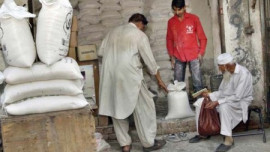


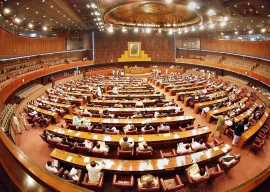

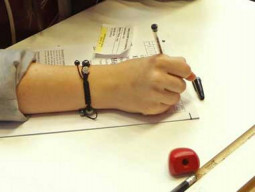
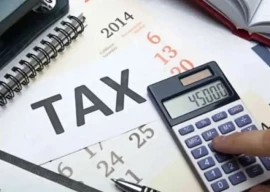

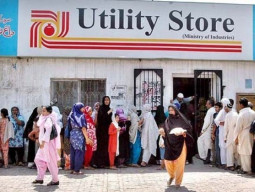
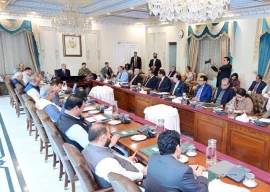
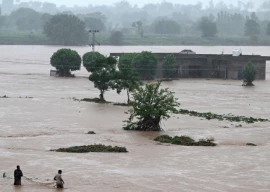






COMMENTS
Comments are moderated and generally will be posted if they are on-topic and not abusive.
For more information, please see our Comments FAQ